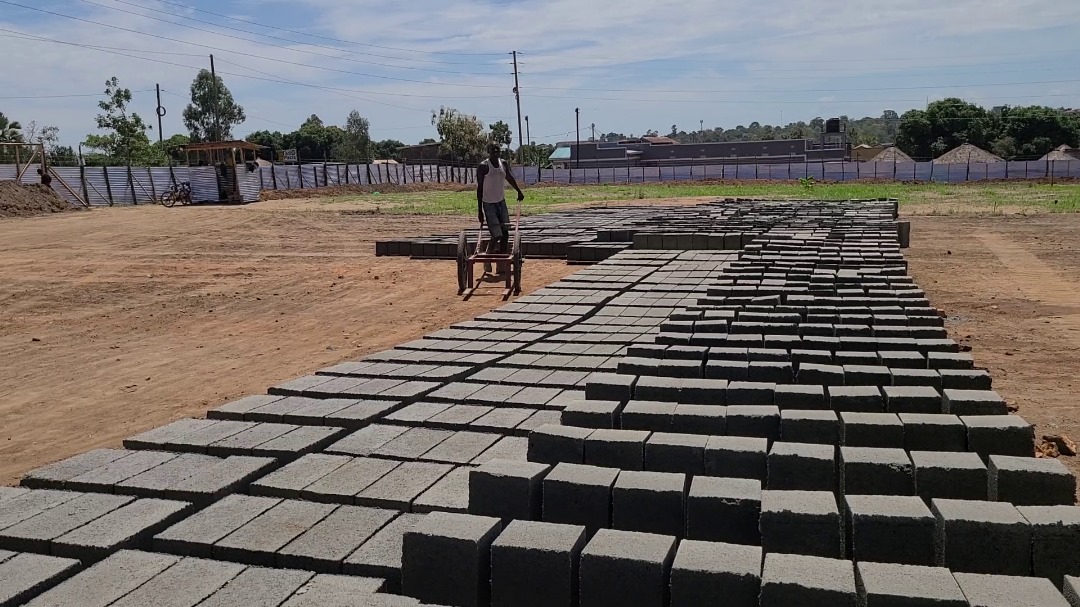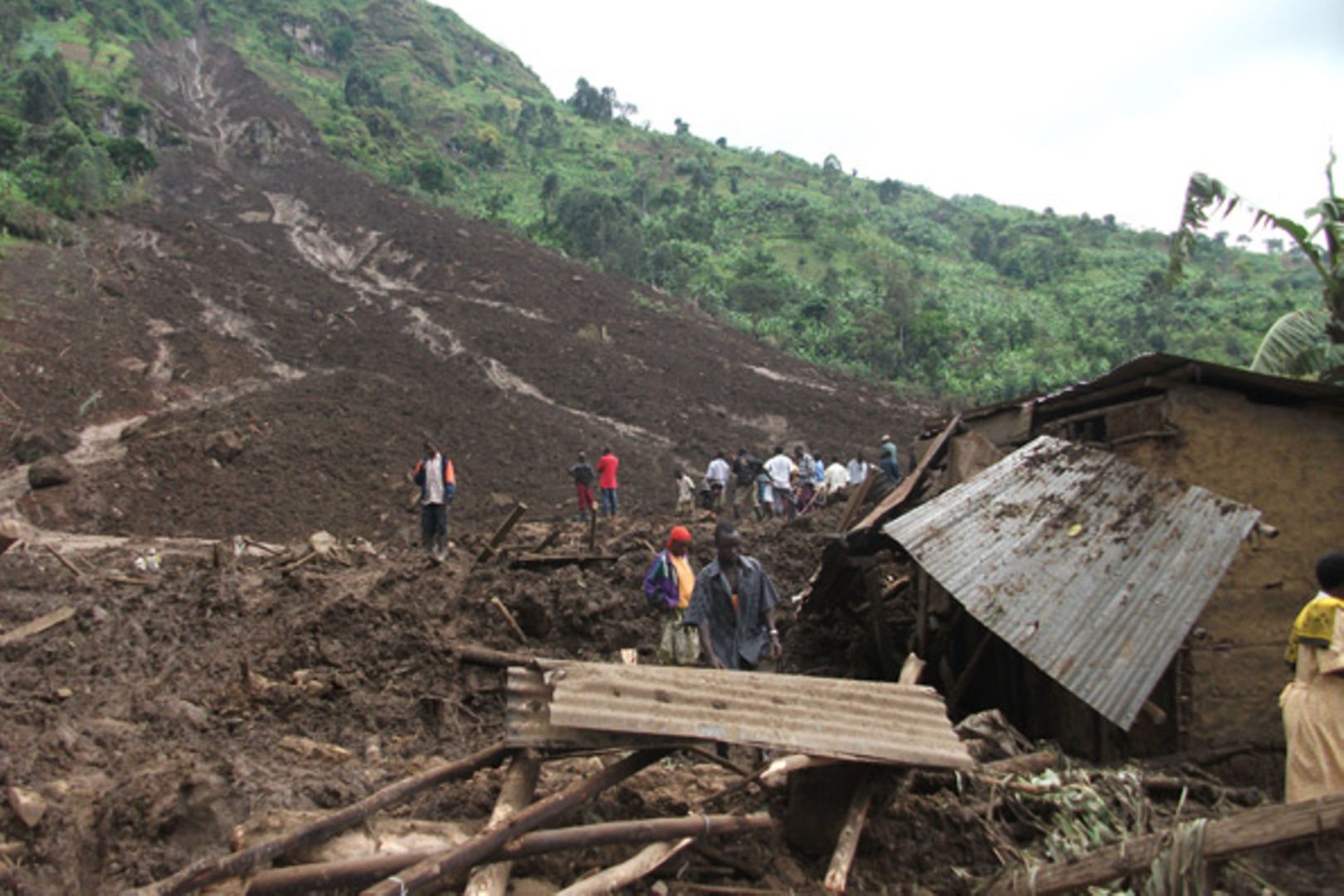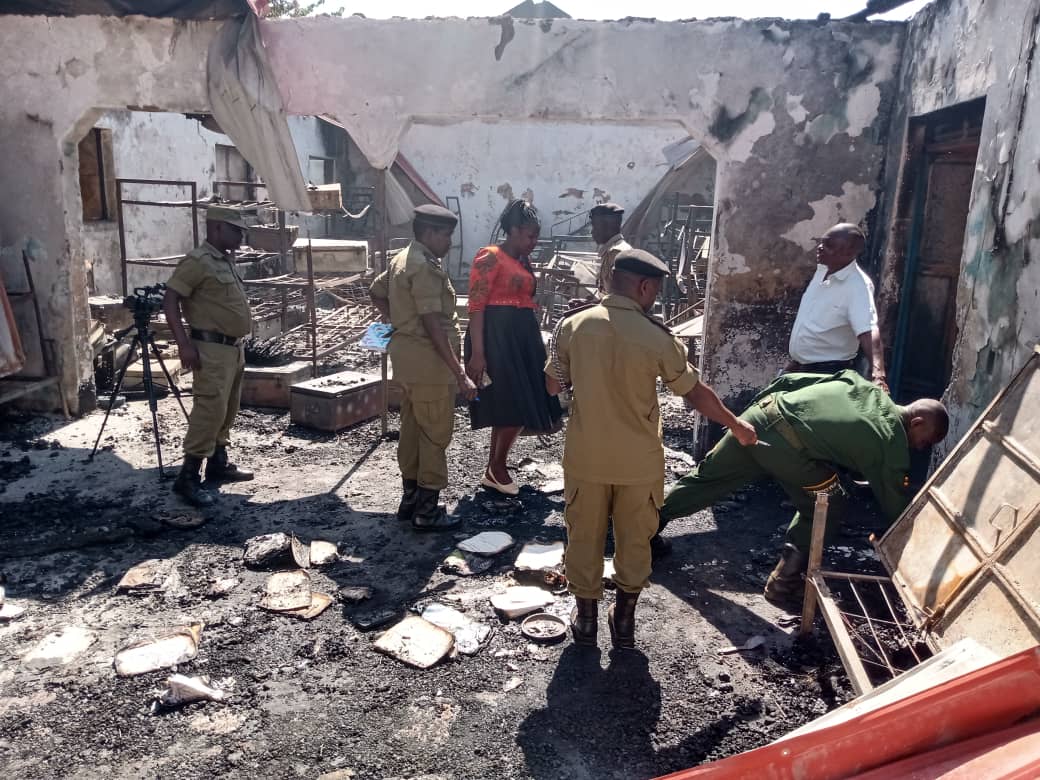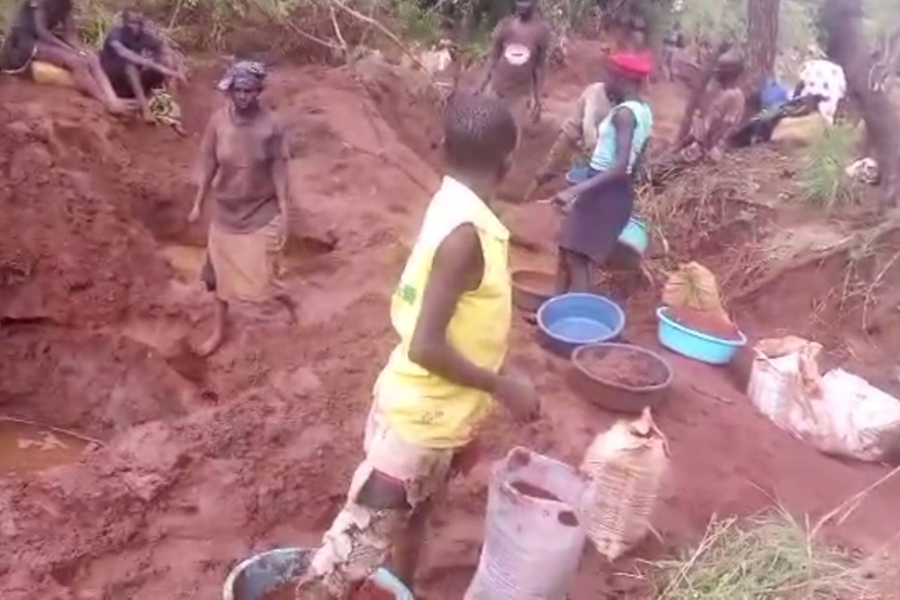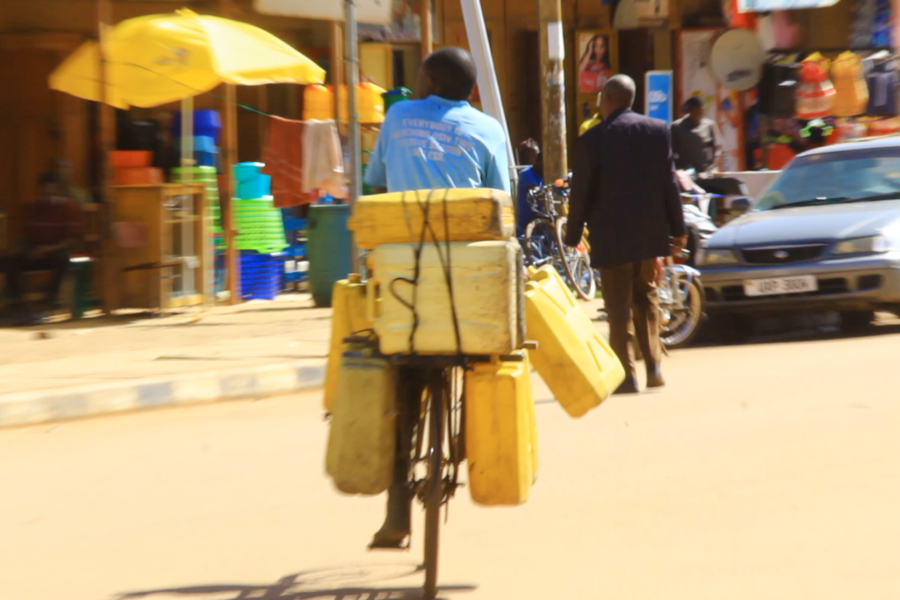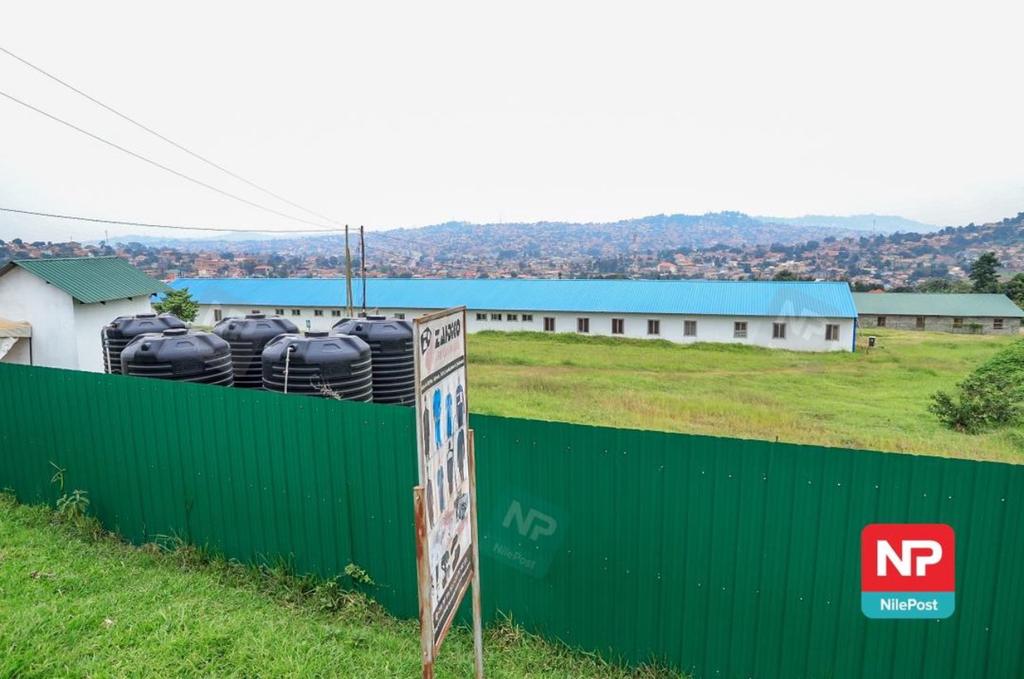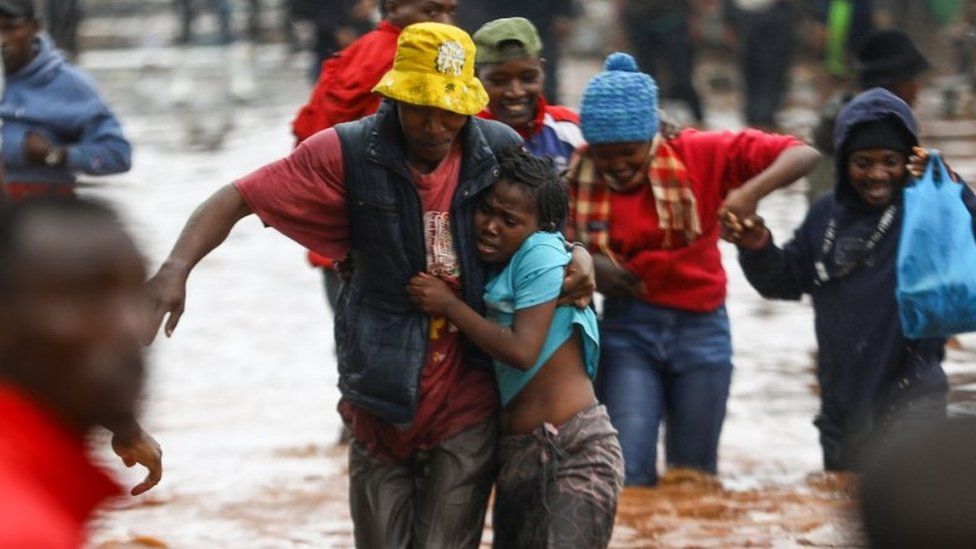A giant sleeping under the weight of policy confusion
Gonzaga Mbalangu
Mayors from ten cities around the world through the mayors migration council leadership board met on 12th July, 2019 at a high-level United Nations political forum to discuss city-level solutions to global migration challenges.
Kampala, which hosts the world’s third highest refugee population after Turkey and Pakistan, was represented by the Lord Mayor, Erias Lukwago.
By 2018, the United Nations High Commission for Refugees estimated that Uganda is home to 1,360,000 refugees, a figure that is projected to escalate with the protracted conflicts within the region.
Uganda has been branded ‘a country with an open door policy for refugees.
This, coupled with the provision of legally entrenched rights such as freedom of movement, access to employment, education, and medical services encourages the continued inflow of refugees, majority of who are women and children who arrive exhausted and hungry.
Much as the spirit of hosting these refugees is commendable, it is clear Uganda is struggling to provide a decent standard of living for these refugees as the burden on host communities and social services is escalating.
Under international law, Uganda as a host country is under an obligation to protect, promote and implement all human rights and freedoms of all refugees without discrimination.
Key among these is the right to education, which is an indispensable component for the realisation of many other rights.
As an empowerment right, education is the primary vehicle by which economically and socially marginalised adult and child-refugees can lift themselves out of poverty and obtain the means to meaningfully participate in their communities.
Uganda’s education system is phased into pre-school, primary school, secondary school and tertiary level. However, the meaningful integration of refugee children and children of refugees especially in urban public schools remains a far-fetched dream specifically due to policy challenges.
According to the National Integrated Early Childhood Development Policy of Uganda, pre-school education must be provided in the child’s mother tongue since it is the foundational stage in human development when an individual’s development is most rapid and profound.
Additionally, Section 32(1) of the Refugees Act 2006 accords refugee children the same treatment as nationals with respect to elementary education.
This is problematic considering the special needs of refugee children especially regarding trauma and linguistic barriers which would require some form of affirmative action to overcome social exclusion.
According to research by the Refugee Law Project for example, English as a language of instruction means that refugee children and children of refugees must repeat classes, and they are often old socially for the level of education to which they find themselves, which forces many to drop out.
The country’s education policies and strategies are emblematic of such shortfalls.
These policy challenges coupled with high levels of poverty resulting from the condition of refugees as well as the costs associated with education have forced many would be productive refugees out of the education system thereby condemning them to a miserable life of perpetual property in areas where they have no relatives to depend on.
In the long run, these refugees become a burden to their host communities as they are forced into criminality and prostitution.
In this regard, Uganda as a host, is failing to prepare for the optimal utilisation of the refugee resource. Instead, refugees are adding to the infamous statistics of street children and unemployed youths due to lack of the necessary skills.
In order to curb the mentioned challenges, government, UNHCR and other partners ought to prioritise and invest in ensuring meaningful learning for refugee children.
In fact, school-going refugees especially in urban centres should be treated as a special needs group of learners and the budgetary allocations should reflect this.
Secondly, there is need to deliberately provide mental and psychological support to refugee children at school to address their traumatic and violent past experiences that would otherwise affect their growth and development.
This will help them to cope and live a normal life in their psychosocial environments which will enhance their academic performance.
Thirdly, the ministry of Education and Sports together with local governments and development partners, should address the language barrier issues especially in public schools and tertiary institutions.
Through inclusive education, the refugee children, children of refugees and youth will be able to acquire the necessary specialised skills to constructively sustain themselves, their communities and contribute to national economic development.
There exists enormous potential for Uganda to benefit from its humanitarian hospitality that has opened doors for those troubled by various calamities to have an opportunity at living a normal progressive life.
With proper planning and management of the immigration system especially through education, refugees can greatly contribute to the resilient, safe, inclusive and sustainable development of their communities.
Until then, they remain an un-tapped resource that needs to be meaningfully utilised.
The author is a lawyer interested in refugee and migration law.



